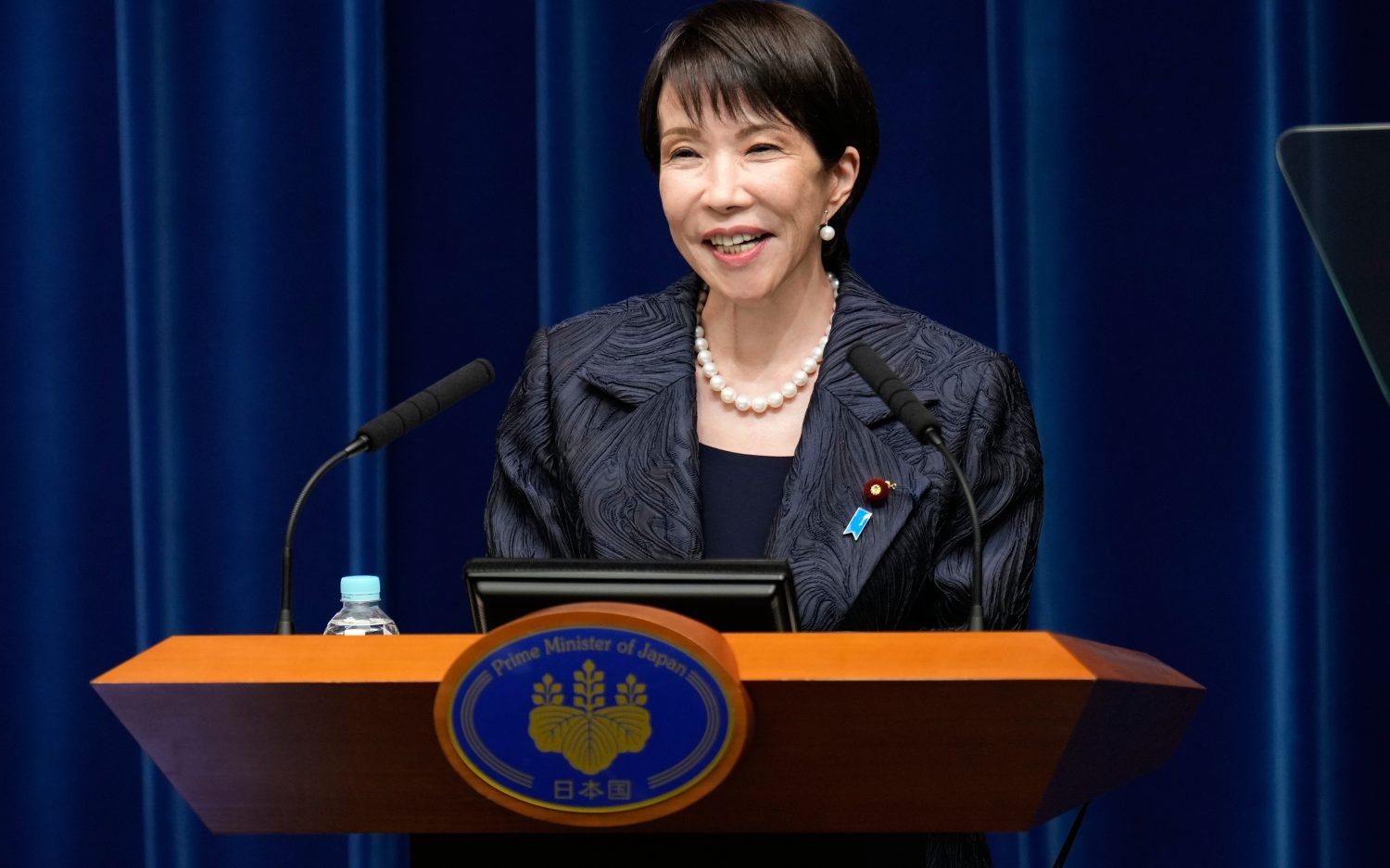Education group wants Moses mentions cut from new Texas textbooks
The fight over Texas textbooks is back again, and this time, criticism of proposed social studies books touch on religious topics from Moses to Muslims and separation of church and state.
The Texas State Board of Education plans to approve new social studies books in November. On Wednesday, the Texas Freedom Network (TFN) Education Fund, a non-profit aiming “to counter the religious right,” released reviews of 43 history, geography, and government textbooks under consideration. The summary of the reviews says many textbooks “include unsubstantiated claims, unjustifiably biased accounts, and sometimes just plain bad history,” including their emphasis on America’s Judeo-Christian heritage.
“A number of textbook passages essentially reflect the ideological beliefs of politicians on the state board rather than sound scholarship and factual history,” said Kathy Miller, president of the TFN Education Fund.
Some say Texas standards could have national implications because the state’s large student population makes it a massive textbook market. “National publishers usually cater to its demands,” according to a National Education Association article.
Past concerns surrounded balancing evolution with creationism in Texas science standards. “Four years ago this board passed controversial curriculum standards some members hoped would force textbooks to water down instruction on evolution and climate change,” Miller said in a 2013 press release. The New York Times reported in 2013 that some panelists who reviewed the biology textbooks are outspoken creationists, but Miller ultimately celebrated publishers’ adherence to evolution.
Now, TFN is turning its attention to social studies texts. One textbook passage TFN takes issue with says, “Moses was a lawgiver and a great leader. Like the founders of the United States, he helped establish a legal system to govern his people. The Ten Commandments have been a guide and basis for many legal and moral systems throughout the world.”
Another textbook reads, “The Framers’ political thinking was influenced by a Judeo-Christian religious heritage.” It adds, “Moreover, the Framers benefited from the Protestant Reformation, a 16th century Christian reform movement whose leaders developed ideas about individual responsibility, the freedom to worship as one chooses, and self-government.” The TFN summary challenges the passage for lack of examples to support the claims and says the reformers’ ideas about freedom of worship and self-government were much more limited than the founding fathers’ views.
TFN lists other purported problems, including textbooks portraying Muslims and Islam negatively, downplaying the role of conquest in spreading Christianity, and misleading students regarding the importance of separation of church and state.
According to TFN, many of the passages come from publishers’ efforts to meet what it calls the “flawed and biased curriculum standards” the State Board of Education passed in 2010.
Don McLeroy, on the other hand, believes the social studies standards teach America’s founding principles. McLeroy is a dentist and Sunday school teacher who served on the Texas State Board of Education while the standards were under revision. The standards “challenge the powerful ideology of the left and highlight the great political divide of our country,” he wrote in a 2010 opinion article in USA Today.
For example, the State Board of Education rejected the term American “imperialism” in favor of “expansionism,” and the revised standards include conservative figures like Phyllis Schlafly, a leader in the anti-feminist movement. “Also, the board has added requirements to study American exceptionalism and our national mottos of ‘in God we trust’ and e pluribus unum,” McLeroy wrote.
The Thomas B. Fordham Institute reviewed the Texas U.S. history standards in 2011 and called them a “politicized distortion” of history: “Indeed … the leaders of the State Board of Education made no secret of their evangelical Christian-right agenda, promising to inculcate biblical principles, patriotic values, and American exceptionalism.”
But in his opinion article, McLeroy said the standards preserve the principles that caused America to flourish, including “the embrace of Judeo-Christian values” and “a firm reliance on the protection of divine Providence.”
Despite concerns about Texas standards seeping across the rest of the country, some experts downplay the state’s influence because modern publishing makes it easier to customize textbooks to individual states.
“It is a bit of an urban myth that the Texas standards will influence curriculum nationwide,” said Jay Diskey, executive director of the Association of American Publishers’ school division, in a 2010 Wall Street Journal article.
Nonetheless, critics are watching the Texas textbook debate closely as the board prepares to publicly discuss the books this week.
The Associated Press contributed to this report.
An actual newsletter worth subscribing to instead of just a collection of links. —Adam
Sign up to receive The Sift email newsletter each weekday morning for the latest headlines from WORLD’s breaking news team.




Please wait while we load the latest comments...
Comments
Please register, subscribe, or log in to comment on this article.